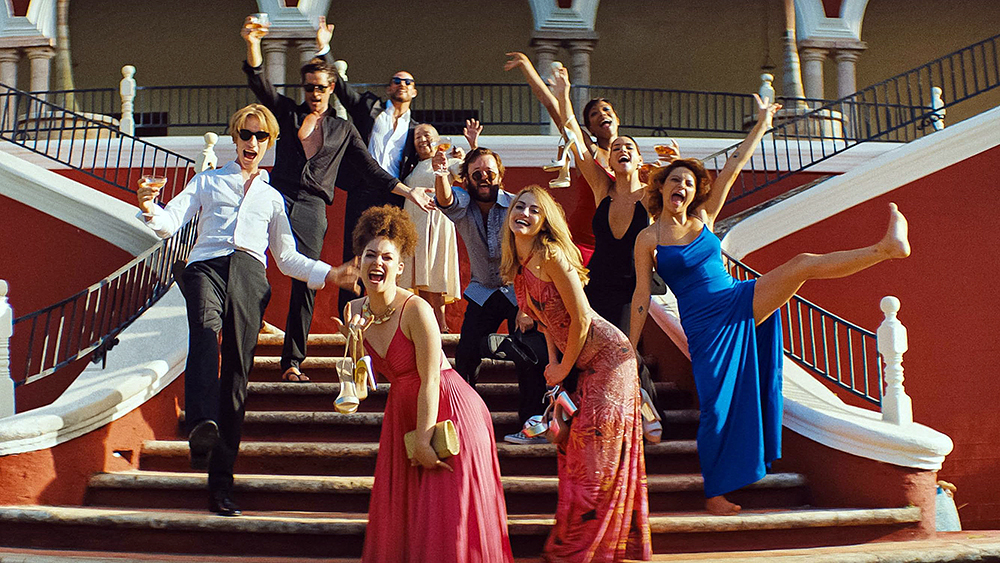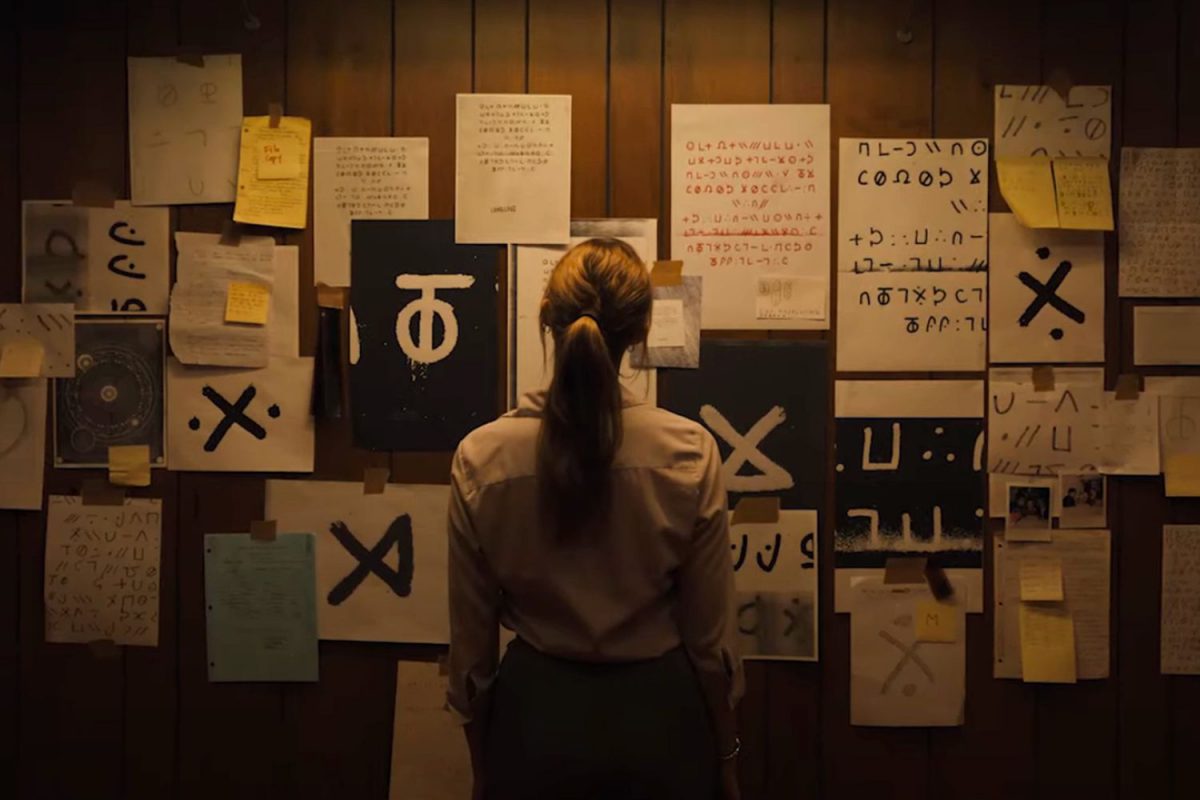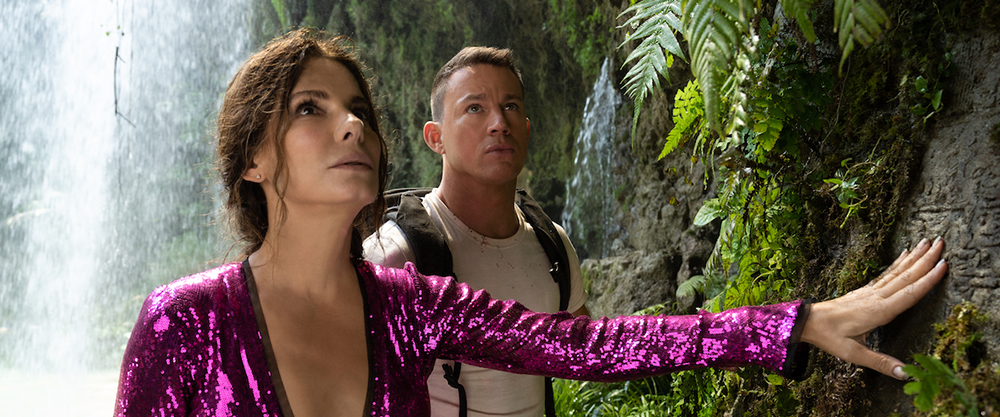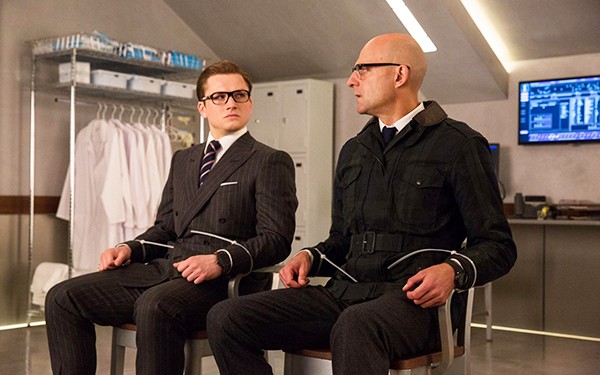Have you ever thought, “If I ever get super rich, I’m going to buy my own island. I’ll live there and do as I please.”
I sure have! Hell, Sartre said, is other people. Why not get away from it all and start a new country where I can do stuff the right way for once?
But there are two levels of wealth: Fuck You Money, which is enough money to quit my job and never have to work again; and Fuck Everybody Money, which is enough money to create my own reality. The latter may sound nice in theory, but in practice, it tends to drive people insane. The examples are numerous. There’s Henry Ford, the man who perfected mass production, who fell into a psychic morass of anti-Semitic conspiracy theories. Howard Hughes, aviation entrepreneur and Hollywood studio head, lived out his last days as a paranoid obsessive compulsive locked in a Las Vegas penthouse. John McAfee, the cybersecurity pioneer who brought antivirus software to the masses, retreated to an armed compound in Belize where he had sex with whales (consensual, he claimed) before dying while in prison on a murder charge. And then there’s Elon Musk, who is … doing whatever the hell that is.
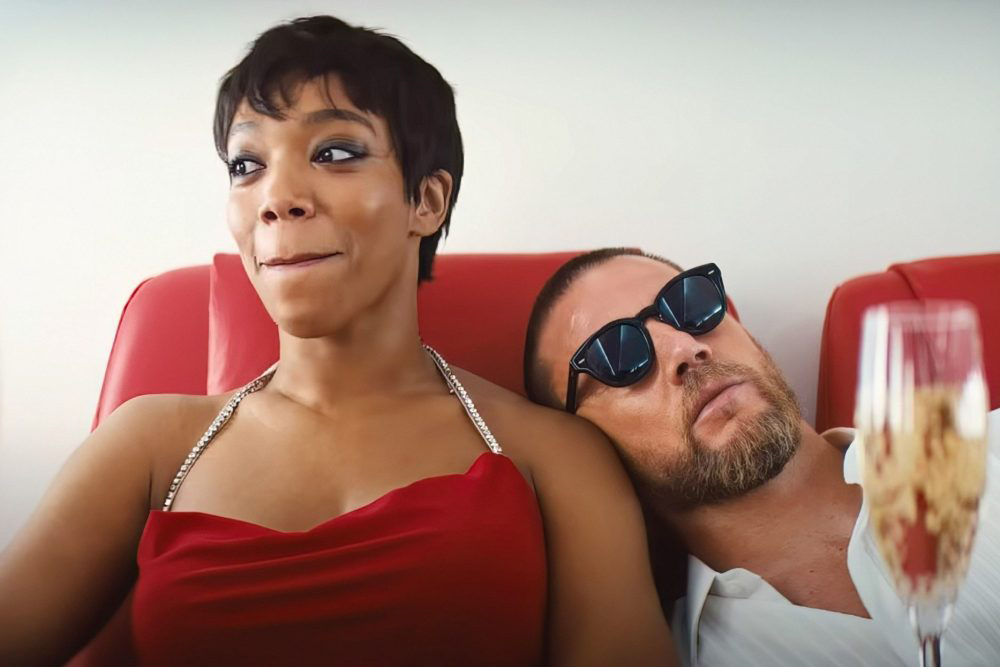
If it seems like there’s more crazy rich people these days, that’s because there are. In the 21st century, wealth has become more concentrated than at any time since the Gilded Age of the late 19th century. That means more people who can only handle Fuck You Money now have Fuck Everybody Money. And we’re all suffering for it, one Twitter (excuse me, X) post at a time.
For some people, these oligarchs are more than just annoying. Take the developers at Twitter who lost their jobs because Musk thought he knew better than them and wanted to look like a big man. Or the passengers who imploded with the Titan submersible. Or the girls Jeffrey Epstein trafficked into sex slavery for his well-heeled list of clients and friends. Maybe the right to riches is like the right to bear arms. Packing a pistol for personal protection is one thing; building an atomic bomb in your garage is another.
These issues are very much on the mind of Zoë Kravitz, writer and director of Blink Twice. Kravitz is an accomplished actress, who gave one of the standout performances in Mad Max: Fury Road and shone in HBO’s Big Little Lies. She started work on her debut film in 2017, at the height of the #MeToo movement and Jeffrey Epstein’s final scandals. There’s a lot of Epstein in Slater King (Channing Tatum), the tech magnate whose largely undefined business has made him Fuck Everybody Money.
When we first meet Frida (Naomi Ackie), she’s cyberstalking King in the place where most cyberstalking occurs: on the toilet. The news clips and videos she scrolls through claim that Slater has been rehabilitated from whatever horrible scandal he was implicated in and has found himself through therapy. That’s enough for Frida, who, with her roommate Jess (Alia Shawkat), is working the King Foundation banquet that night as a cater waiter. Last year, he made eye contact with her, so this year, maybe she can get some more personal attention from the billionaire. Frida and Jess smuggle in some cocktail dresses to change into, in an attempt to get into the more exclusive parts of the party. Lo and behold, it works! Frida hits it off with Slater, and Jess catches the attention of his friend Vic (Christian Slater). The night goes so well, Slater invites them to a long weekend on his private island, all expenses paid. No need to return to your apartment for your toothbrush, he’s got everything you’ll need.
Slater’s island lives up to the hype. Free clothes, free perfume, champagne brunch every day, and a virtual buffet of drugs. The partygoers include Cody (Simon Rex), the chef; Sarah (Adria Arjona), star of the reality show Hot Survivor Babes; Stacy (Geena Davis), Slater’s fixer; Heather (Trew Mullen), who rolls fat blunts; and Rich (Kyle MacLachlan), Slater’s therapist. After a couple of days of partying, the girls fall into a party haze brought on by Slater’s proprietary mix of psilocybin and MDMA. The only downside is that the island is infested with venomous snakes. That feeling of dreadful foreboding is probably just the paranoia from all the bud.
Or maybe not. One morning, Jess disappears, and no one but Frida seems to remember she was even there. Sarah doesn’t remember where she got those bruises. Even Lucas (Levon Hawke), the cryptocurrency himbo, is waking up with unexplained black eyes. Frida has to figure out what’s going on, and how to save herself, between snake venom shooters and bright blue skin-care masks.
Kravitz gets a lot right in her directorial debut. Her cast is relaxed and having fun. It’s always good to see Geena Davis working, and who can fault a movie where Haley Joel Osment gets a penis drawn on his forehead in sharpie? Kravitz has been watching Jordan Peele’s high-concept horrors, and while Blink Twice lacks the crystalline perfection of Get Out, it learns all the right lessons. Kravitz’ stylish visuals, sly humor, and satirical sense hold much promise for her filmmaking future. I’m excited to see what she does next.
Blink Twice
Now playing
Multiple locations
